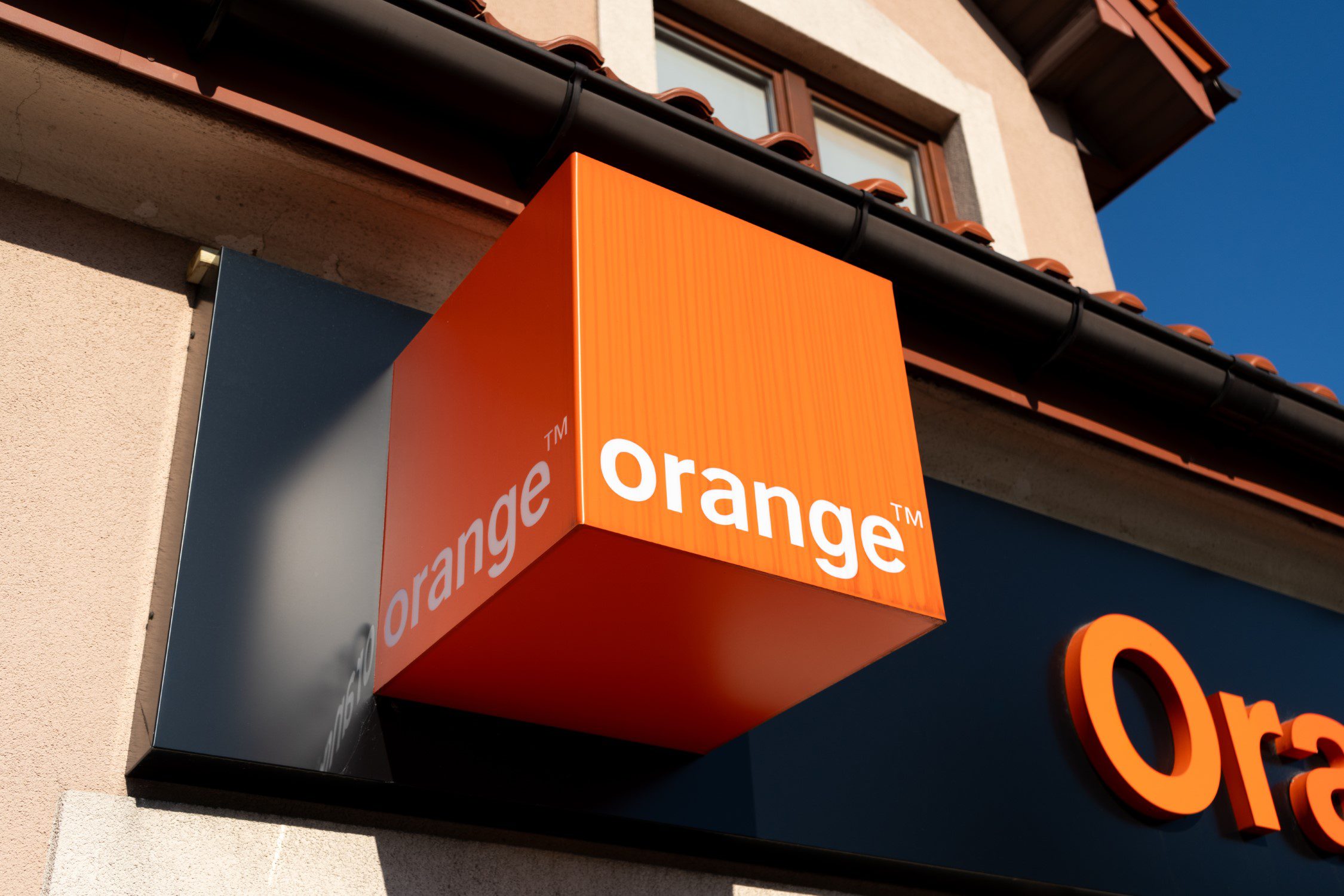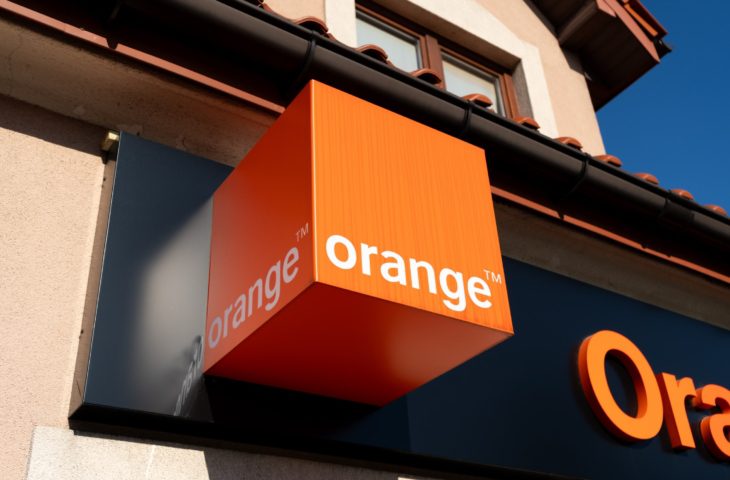Orange Belgium has started the test phase for the deployment of a fibre optic network for 5,000 households in Ixelles.
Belgian telecommunications operator Orange has started the test phase for its fiber optic rollout. The company will connect 5,000 households in Ixelles to its fiber optic network starting this year and will evaluate the process. The ultimate goal is to extend the rollout to Wallonia and other Brussels districts by 2040. That’s still a long way off, but according to Orange, haste and urgency are rarely good.
Thanks to the introduction of the Hybrid Fiber Coax (HFC) network, Orange can currently offer network speeds of up to 1 Gbps, which is more than enough for most homes. However, the telecom operator is now investing heavily in fiber optics to be able to offer even higher speeds.
No rush
Orange Belgium is starting to roll out fiber optics to 5,000 households in Ixelles in a pilot phase. This test is intended to help them choose the right equipment, design the network and evaluate how it works. In 2025, they will continue to roll out fiber optics to Wallonia and other Brussels districts. The provider has a deadline of 2040 for its fiber optic network, which is a long-term project compared to Proximus and Telenet.
Isabelle Vanden Eede, responsible for brand policy and communication at Orange Belgium, thinks it’s positive that Orange is in less of a rush than its competitors. “We shouldn’t worry consumers too much and put pressure on them to switch to fibre. We can see our network very well, with an eye on innovation and less energy consumption. Today’s retail customers don’t need 10 Gbit/s, but they do need a stable network that meets today’s needs, à la Netflix and gaming,” she tells De Tijd.
Fiber optic in Belgium
Belgium is lagging behind in terms of fiber optic coverage (25% in 2023), which is still well below the European average of 64 percent. According to the technology association Agoria, this is not the fault of telecom companies: they invest up to thirty percent of their turnover in infrastructure work.
The installation of fiber optics is therefore complex and expensive. The Gigabit Infrastructure Act (GIA) was recently passed, which is intended to simplify the installation of fiber optic cables. In addition, the BIPT opened the door to cooperation so that providers can reduce construction costs. Promimus and Telenet also want to jointly expand fiber optics outside the Flemish cities.














